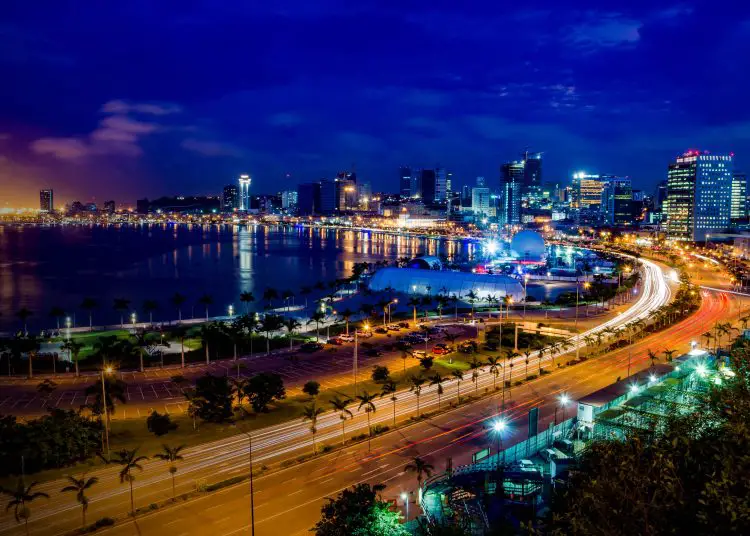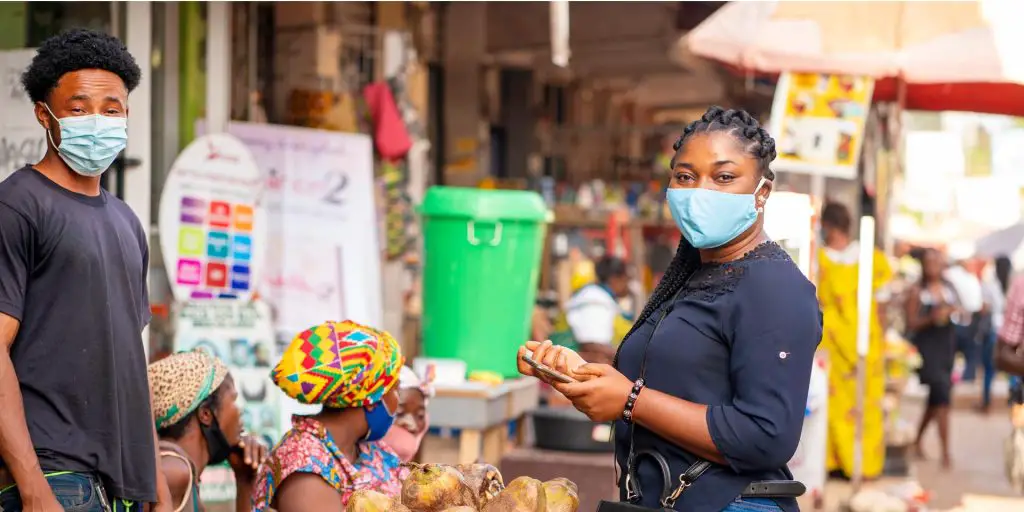- Initial predictions about Africa’s vulnerability to Covid-19 indicated that the continent would be overwhelmed by the effects of the pandemic
- Not only has Africa harnessed previously unrecognized power to help combat COVID-19, but it also provides indications that can be used to counter future pandemics.
- Despite the significant economic disruptions caused by the Covid-19 outbreak, Africa’s economies are leading as a resilient continent with enormous promise.
- African start-ups raised US$1.8 billion in the first quarter of 2022, which is 2. (redmanpowerchair) 5 times the capital raised in Q1 2021
Initial predictions about Africa’s vulnerability to Covid-19 indicated that the continent would be overwhelmed by the effects of the pandemic. Critics had argued that the continent’s medical and economic sectors would feel the heat both during and after the pandemic.
However, these worrying predictions concerning the continent and its vulnerability to the Covid-19 pandemic have largely gone unrealized. Globally, Africa accounted for a relatively small number of deaths during the pandemic, differing widely from the initial projections the continent would be especially vulnerable to the disease.
According to Richard Wamai, a Northeastern associate professor of cultures, societies, and global studies, the predictions of mass COVID-19 casualties were based on a misunderstanding of the continent. As Wamai notes, Not only has Africa harnessed previously unrecognized power to help combat COVID-19, but it also provides indications that can be used to counter future pandemics.
Read: What to expect from medical insurance in Africa post-Covid
Africa accounts for 12.5 per cent of the world populace, but it accounted for only 4 per cent of the 3.4 million recorded deaths globally as of May 2021.

Claims that Africa would suffer tragically were based on assumptions that the continent would be susceptible to poverty, unsanitary living standards, and inadequate healthcare systems. According to Wamai, local and national governments already had healthcare structures in place to cope with HIV/AIDS, Ebola, and other diseases. By April 2020, the vast majority of African nations had taken at least five “stringent” public health and social interventions in reaction to the epidemic.
According to the African Private Equity and Venture Capital Association (AVCA), private investment in Africa reached a new high of $7.4 billion last year, a 118 per cent increase from 2020. Despite the significant economic disruptions caused by the Covid-19 outbreak, Africa’s economies are leading as a resilient continent with enormous promise.
Historically, the African continent has sustained growth in the face of adversity, including the global financial crisis, moments of political uncertainty, and infectious disease epidemics. It is unsurprising, then, that Africa should preserve this bravery and strength in its resurgence from the Covid-19 epidemic.
The outstanding expansion in Africa’s investment activity over the last year has been primarily driven by an exponential increase in the number of venture capital (VC) transactions. Last year was heralded as a record-breaking year for venture capital investment, with a total of US$5.2 billion invested from 604 distinct firms, marking a 104 per cent increase from 2020. “More money was put to work in Africa in 2021 than in the previous seven years combined,” according to the study.
Read: COVID pushes a quarter billion towards extreme poverty
The most recent numbers affirm the pattern of an industry on the rise. African start-ups raised US$1.8 billion in the first quarter of 2022, which is 2.5 times the capital raised in Q1 2021. The increase in agreements was mostly driven by the more appealing financial sector, which continues to gain significance in Africa’s venture environment, accounting for 60% of total VC deal value in 2021.
Due to the closure of numerous traditional banks during the epidemic, many individuals turned to mobile money, online banking apps, and remittances to assist maintain their families’ livelihoods and finance requirements.
As fintech businesses arose to provide innovative solutions to unbanked Africans, private investment in Africa’s fintech industry increased to US$3.12 billion by 2021.
Investment, however, is unevenly spread throughout the continent’s geography. In 2021, four nations raised half of the funds: Nigeria, Kenya, South Africa, and Egypt.

Nigeria also succeeded in attracting significant investment, with 145 transactions totalling US$1.1 billion signed in the nation in 2021. Across the continent, investment slowed, while fundraising performance was strong. Ghana, with its well-defined legal and regulatory frameworks for venture capital funds, saw its proportion of VC deals in the nation increase by 84 per cent between 2019 and 2021 during the epidemic.
This aligns with a global trend of venture capital investment more than tripling globally in 2021, generating US$621 billion, smashing the previous year’s record of US$294 billion. The main regions were North America (35%), Asia (36%), and Europe (20%), with Africa accounting for only 0.117 per cent.
The African Development Bank (AfDB) has announced a €9.8 million equity investment to assist venture capital for African start-ups at all stages of development, from seed to growth. Such activities should instil trust in African investors, who accounted for just 25 per cent of all investors that engaged in VC deals on the continent in 2021.
Read: Education in Africa: How COVID took away learning from African children











